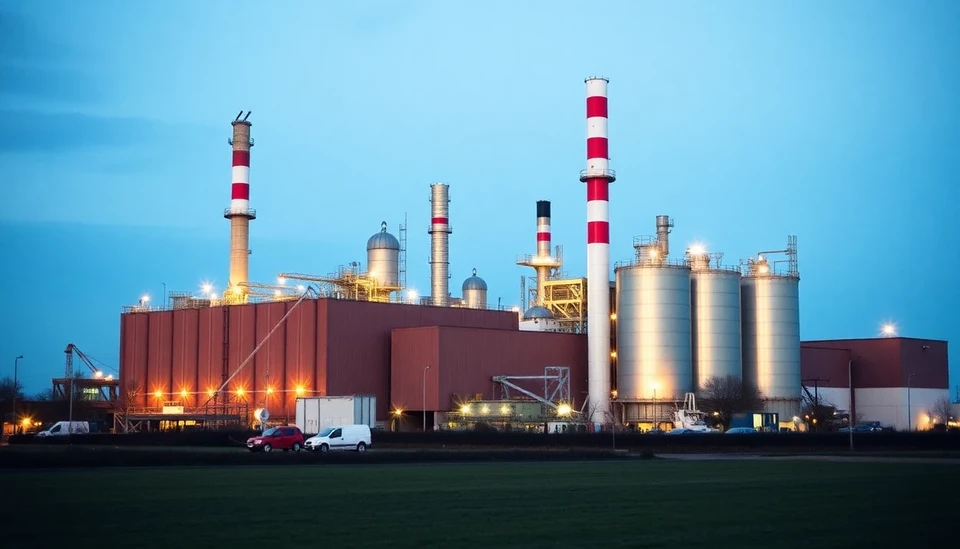
Germany's industrial landscape is undergoing a significant shift as manufacturers turn to cheaper, high-emission fuels, raising concerns about the country’s climate goals. In a move that many describe as a retreat from environmental commitments, sectors of the German industry are opting for economically advantageous, albeit highly polluting energy sources.
This concerning trend is largely fueled by competitive pressures facing German factories, which are seeking to cut costs in an increasingly globalized market. As energy prices fluctuate, many firms have chosen to harness fossil fuels—including coal and heavy oil—over more sustainable alternatives. As a result, emissions from industrial facilities have surged, reversing previous declines and posing a challenge to Germany's targets for Greenhouse Gas (GHG) reductions.
Recent reports indicate that emissions from the industrial sector rose significantly in 2023, with some estimates citing increases of over 6% compared to 2022. This notable rise can be directly linked to the widespread adoption of low-cost, carbon-intensive energy sources. Analysts have pointed out that while this move may provide short-term financial relief for manufacturers, it could jeopardize long-term sustainability efforts and international climate commitments.
Such developments come at a precarious time for Germany, which previously took pride in its leadership role in the global fight against climate change. The nation has set ambitious targets to cut its GHG emissions by 55% by 2030, compared to 1990 levels. However, the current trajectory of industrial emissions raises doubts about achieving these goals, and industry experts are calling for urgent reforms to redirect investments towards sustainable energy infrastructures.
Legislators and environmental advocates are voicing growing concerns over the apparent relaxation of green policies in favor of economic pragmatism. Many argue that to ensure a sustainable future, Germany must re-evaluate its energy strategy and pivot towards renewable sources, such as wind and solar power, which have historically been robust pillars of the country’s energy framework.
As debates continue within political corridors, factories across Germany are being pressured to balance economic viability with environmental responsibility. The spotlight now falls on the government to introduce stricter regulations and incentivization measures that encourage cleaner production methods and energy sources.
In summary, while the primary aim of many German manufacturers is to remain competitive in a dynamic market, the reliance on cheap, carbon-intensive fuels poses a serious threat to the nation’s environmental development and global commitments. The call for swift action to recommit to sustainable practices is louder than ever, and the next steps taken by policymakers will be critical to define the future of German industry in the context of climate action.
#Germany #cleanenergy #climatechange #industrialemissions #sustainablemanufacturing #GHGreduction #renewableenergy #environmentalpolicy
Author: Victoria Adams




